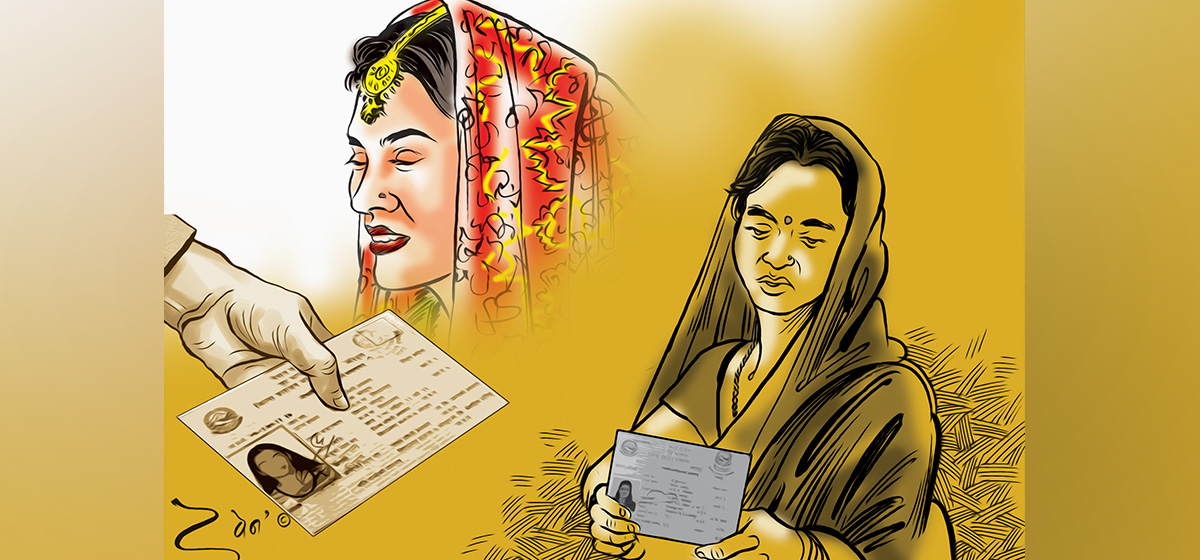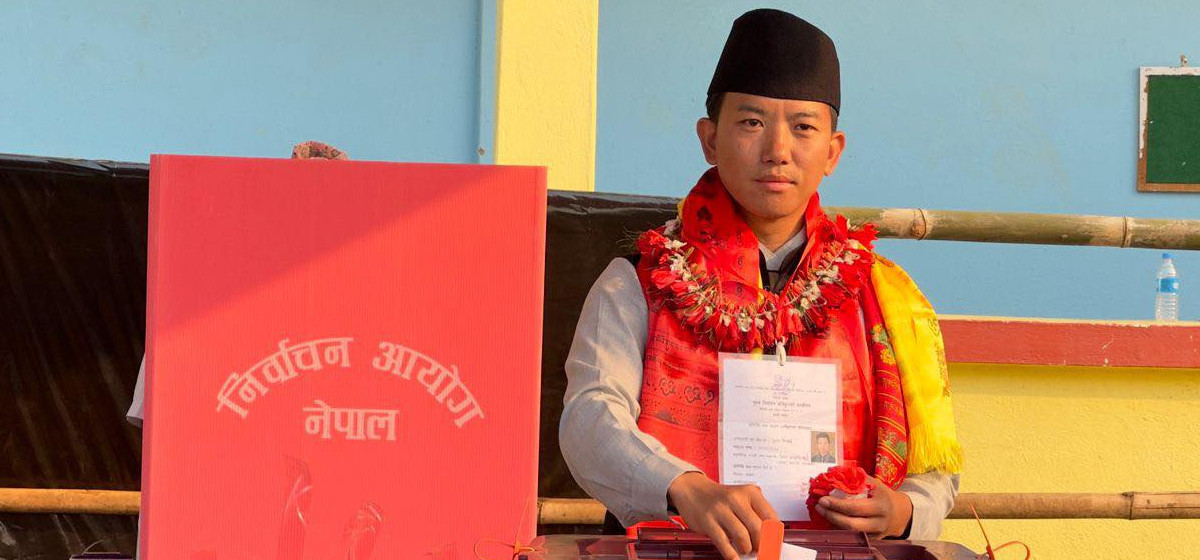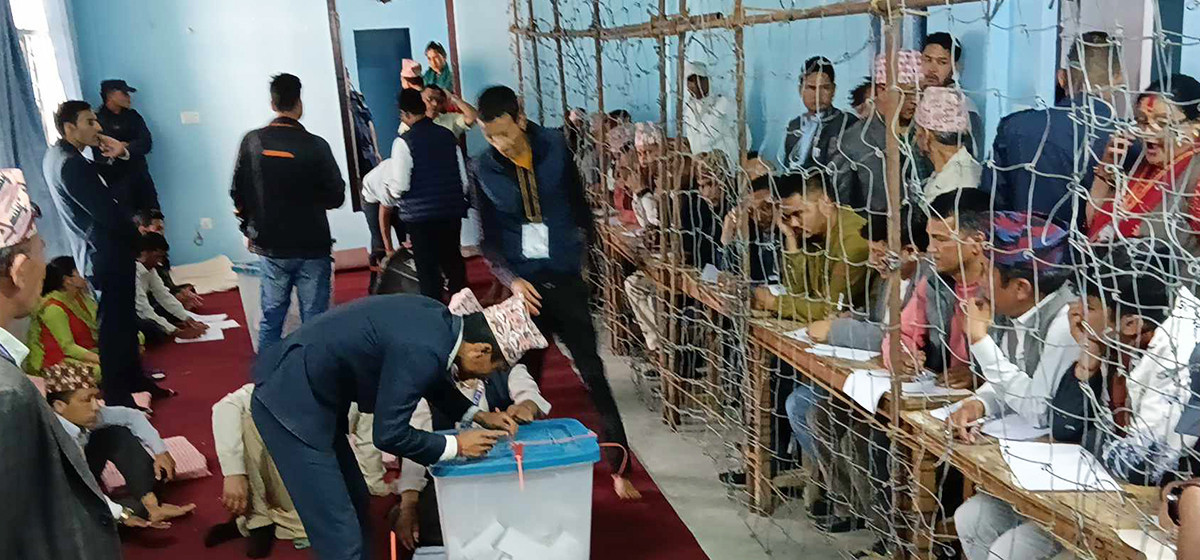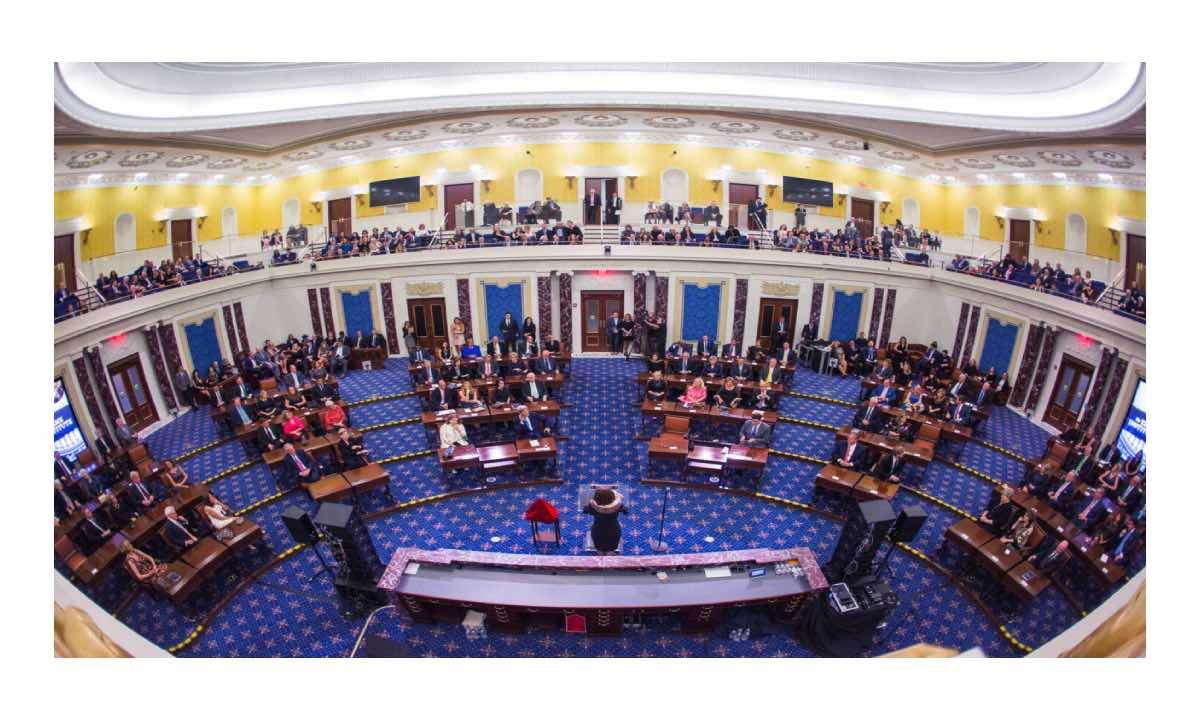
OR
Govt spends Rs 10.76 billion acquired from donors in incident registration
Published On: July 30, 2023 08:14 PM NPT By: Govinda Luitel

KATHMANDU, July 30: Administrative records are important for every citizen to avail state perks and services. The local level reserves the legal right and responsibility to manage personal records including birth, death, and migration of citizens.
In Schedule 9 of the Constitution, the record of personal events including birth, marriage, etc is kept in the list of common rights of the federal, provincial and local governments. But the Local Government Operation Act 2074 (11) has specified the responsibility of keeping the records of births, deaths, marriages, divorces, migration and family records.
For this purpose, the government has been spending billions of rupees every year by setting up a project despite having the mechanism and resources at the local level. The government has been working on registration of births, deaths, marriages and migrations for the past seven years by setting up a project at the center by taking loans from donor agencies.
The Strengthening Systems for Social Protection and Civil Registration Project has a deadline of July 2024. The government is undertaking the 115 million dollar World Bank project to record personal events online in a scientific and systematic manner.
The Department of National Id and Civil Registration (DoNIDCR) has been exhausting funds from the state coffers as it does not want to come out of the shadows of the donor-funded project for years. Initially, it was supposed to be a short-term project with the donor's loan, but the duration of the project has been extended several times.
Instead of making it economical, the cost and duration of the project has been extended several times to serve the interests of the authorities and even the donor. Basanta Gautam, the former director general of DoNIDCR, blames the government for extending the duration of the project.
There is a separate mechanism at the local level for registering individual incidents under the project. According to DoNIDCR, Rs 10.767 billion has been spent under the project as of mid-March 2023.
The government has spent such a large amount of money for registration of personal incidents, management of social security allowances and modernization and improvement of the system as well as capacity building at the local level.
Around 2,000 manpower has been mobilized under a contract for field survey to prepare records at all 753 levels. Altogether 18 employees have been recruited in the center as well. Rs 4.49 billion have been spent on salaries of employees.
At the local level alone, Rs 1.63 billion has been spent on employees’ salaries, Rs 240 million on training and Rs 428 million on technicians. According to DoNIDCR, Rs 250 million have been spent on the technical side, Rs 370 million on training and Rs 90 million for consulting.
Experts say that it is not appropriate to undertake this project with loans from the donor as it could have been done with the human resources available at the local level. This project has only created an unnecessary financial burden to the state, argue experts.
“The center should have run the project for a couple of years and developed the central system and left it to the local level mechanisms and resources,” said Former Director General Basanta Gautam.
A ministerial-level meeting of the United Nations Economic and Social Commission for Asia and the Pacific (UNESCAP), the economic and social body of the United Nations in the Asia and Pacific region, in 2014 emphasized the expansion and strengthening of the Civil Registration and Vital Statistics (CRVS) management system in this region.
The meeting decided to celebrate the decade from 2015 to 2024 as the CRVS Decade in the Asia Pacific region and by the end of the decade, increase the overall vital registration rate to 100%.
In order to fulfill the commitment made by the government at the international level, the department is organizing the registration of individual incidents with short-term and long-term action plans, with the goal of achieving 100 percent incident registration by 2024, Director of DoNIDCR, Nawaraj Jaisi said.
The project has increased expenses more than the specified cost. Along with the donor's loan, the budget of the local level has been spent since last year. Last year, the center had paid the salary of the employees for only 7 months.
By adding funds from the local level, the project is increasing the financial burden. Likewise, six experts have been recruited in the department with a salary of Rs 100,000 to Rs 150,000 per month. But the officials of the department complain that there has been no result-oriented work from the experts.
In accordance with the Birth, Death and Other Personal Events ( Registration) Act 2033 and the Birth, Death and Other Personal Events (Registration) Rules 2034, the government started legal registration in 10 districts from April 13, 1977.
The program was extended till April 14, 1990 and was conducted in all the districts of the country. Currently, the department is working under the National Identity Card and Registration Act, 2076.
"Even though the registration work was being done by the local level since before, it could not be done in a systematic and scientific manner. Because of the problem of duplication, the project has worked to develop a centralized record system," said Jaisi, the director of the department.
So far, 28,08,547 births have been registered in the central system of the registration department and 7,07,894 deaths have been registered. Likewise, 11,24,781 marriages have been registered and 49,537 divorces have been registered. According to the department, the incident registration of 1,63,62,457 people from 697 local levels has been digitized.
The department conducted registration camps with huge investment in 664 local levels where the number of record registrations is low. But even when the campaign was run, there was no enthusiastic participation.
Incident registration is also considered as legal and administrative evidence. Incident registration is also considered as the basis of demographic data.
“CDOs cannot approve citizenship for those whose births are not registered in the central system. When it comes to citizenship, many people are suffering even more because of not having a birth certificate,” said Kailali’s Chief District Officer Yubraj Katel.
Even though the demographic data obtained from such activities carried out by the state with large investment can be used in planning and policy making, only the data of the National Statistics Office (formerly known as the Central Bureau of Statistics) has been made the main basis. Such data has not been used in planning and policy making by the local level.
You May Like This

Political party leaders express commitment to ensure consensus to promote investment in the country
KATHMANDU, April 29: The third edition of the Nepal Investment Summit 2024 kicked off on Sunday with an aspiration of... Read More...

NEA Provincial Office initiates contract termination process with six companies
KATHMANDU, April 28: The Sudurpaschim Provincial Office of Nepal Electricity Authority (NEA) in Attariya has initiated the process of terminating... Read More...

Nepal's ready-made garment exports soar to over 9 billion rupees
KATHMANDU, April 26: Nepal exported ready-made garments worth more than Rs 9 billion in the first nine months of the... Read More...





Just In
- Political party leaders express commitment to ensure consensus to promote investment in the country
- Ilam by-election update: UML's Nembang continues to lead in vote count
- Demystifying labeled Feminism
- Japanese Foreign Minister to visit Nepal next week
- Bajhang by-election update: NC candidate ahead by 249 votes
- Aid for war: On the United States Senate and aid package
- NEA Provincial Office initiates contract termination process with six companies
- Nepal's ready-made garment exports soar to over 9 billion rupees













Leave A Comment